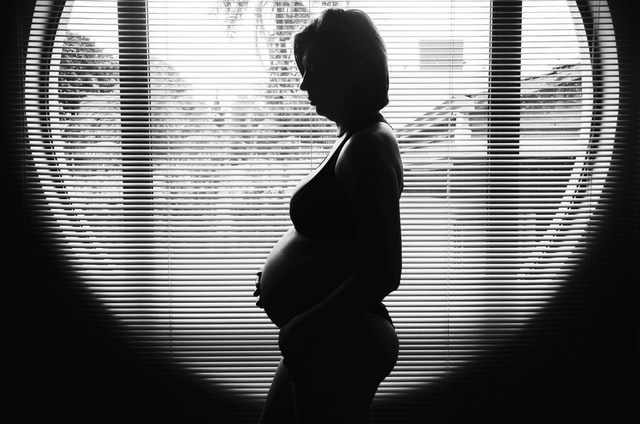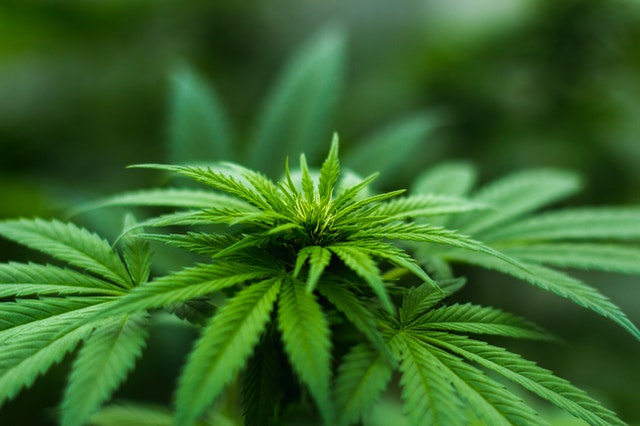The Dangers of Maternal Cannabis Use
Cannabis, also known as marijuana, is an immensely popular drug among Americans, with 48.2 million people—nearly 18% of the US population--reporting having used it in 2019. The widespread popularity of marijuana can be attributed to its euphoric and relaxing effects for some users, which helps them feel calm and can improve their sleep quality. However, its mind-altering effects have repercussions, as some users experience panic, anxiety, and impairments to cognitive functions such as learning and memory.
In recent years, marijuana usage has been especially popular among pregnant women. During pregnancy, many women experience a variety of health conditions that can have significant effects on their physical and mental well-being. Some of the physical symptoms include pain, aversion to some foods, fatigue, and nausea; some mental symptoms include a persistent sad mood, loss of interest in activities, and feelings of worthlessness and guilt. The increased use of marijuana among pregnant women can be explained by the drug’s effects that counter the symptoms of pregnancy—its euphoric effects can help relieve pain and remove negative feelings, but only temporarily.
However, marijuana use during pregnancy can have detrimental effects on the child. A recent study examined the impact of maternal cannabis use (mCB) on fetal development. The study measured the hormone levels, behavioral traits, and gene expression of young children whose mothers self-reported cannabis consumption during pregnancy. Hormone analysis revealed increased hair cortisol levels, which is a marker for heightened risk of mental disorders. Moreover, biopsies of the placentas of the mothers who used cannabis showed a decrease in the expression of the CNR1 gene, which plays an important role in stress and emotional regulation. Overall, the results identified a strong association between mCB and increased anxiety, aggression, and risk for mental disorders among children. The study speculates that marijuana usage suppresses certain genes that are involved in immunity, which increases the mother’s vulnerability to viruses and diseases; these pathogens can then harm the development of the fetus in the uterus, resulting in birth defects.
In recent years, marijuana usage has been especially popular among pregnant women. During pregnancy, many women experience a variety of health conditions that can have significant effects on their physical and mental well-being. Some of the physical symptoms include pain, aversion to some foods, fatigue, and nausea; some mental symptoms include a persistent sad mood, loss of interest in activities, and feelings of worthlessness and guilt. The increased use of marijuana among pregnant women can be explained by the drug’s effects that counter the symptoms of pregnancy—its euphoric effects can help relieve pain and remove negative feelings, but only temporarily.
However, marijuana use during pregnancy can have detrimental effects on the child. A recent study examined the impact of maternal cannabis use (mCB) on fetal development. The study measured the hormone levels, behavioral traits, and gene expression of young children whose mothers self-reported cannabis consumption during pregnancy. Hormone analysis revealed increased hair cortisol levels, which is a marker for heightened risk of mental disorders. Moreover, biopsies of the placentas of the mothers who used cannabis showed a decrease in the expression of the CNR1 gene, which plays an important role in stress and emotional regulation. Overall, the results identified a strong association between mCB and increased anxiety, aggression, and risk for mental disorders among children. The study speculates that marijuana usage suppresses certain genes that are involved in immunity, which increases the mother’s vulnerability to viruses and diseases; these pathogens can then harm the development of the fetus in the uterus, resulting in birth defects.
Image Source: Pexels
Despite its promising findings, the study does have some limitations. First, the study’s measurement of cannabis use during pregnancy was self-reported by the mothers instead of being objectively determined—this may have given rise to inaccurate data if mothers incorrectly reported when they used cannabis. Second, the study included only 322 mothers: a relatively low sample size to draw definitive conclusions from. While the study revealed potentially harmful effects of cannabis use during pregnancy, more research could be done to further validate the results.
Although the symptoms that women experience during pregnancy can be very painful and distressing, reliance on marijuana as a coping mechanism could have severe long-term consequences, as shown in the study. Despite how popular marijuana is among the US population—especially with college students and young adults—many future mothers may not know the dangers of maternal cannabis use. Thus, it is important for young adults making decisions on starting a family to know and understand the risks of using cannabis.
Although the symptoms that women experience during pregnancy can be very painful and distressing, reliance on marijuana as a coping mechanism could have severe long-term consequences, as shown in the study. Despite how popular marijuana is among the US population—especially with college students and young adults—many future mothers may not know the dangers of maternal cannabis use. Thus, it is important for young adults making decisions on starting a family to know and understand the risks of using cannabis.
Featured Image Source: dadgrass
RELATED ARTICLES
|
Vertical Divider
|
Vertical Divider
|
Vertical Divider
|






